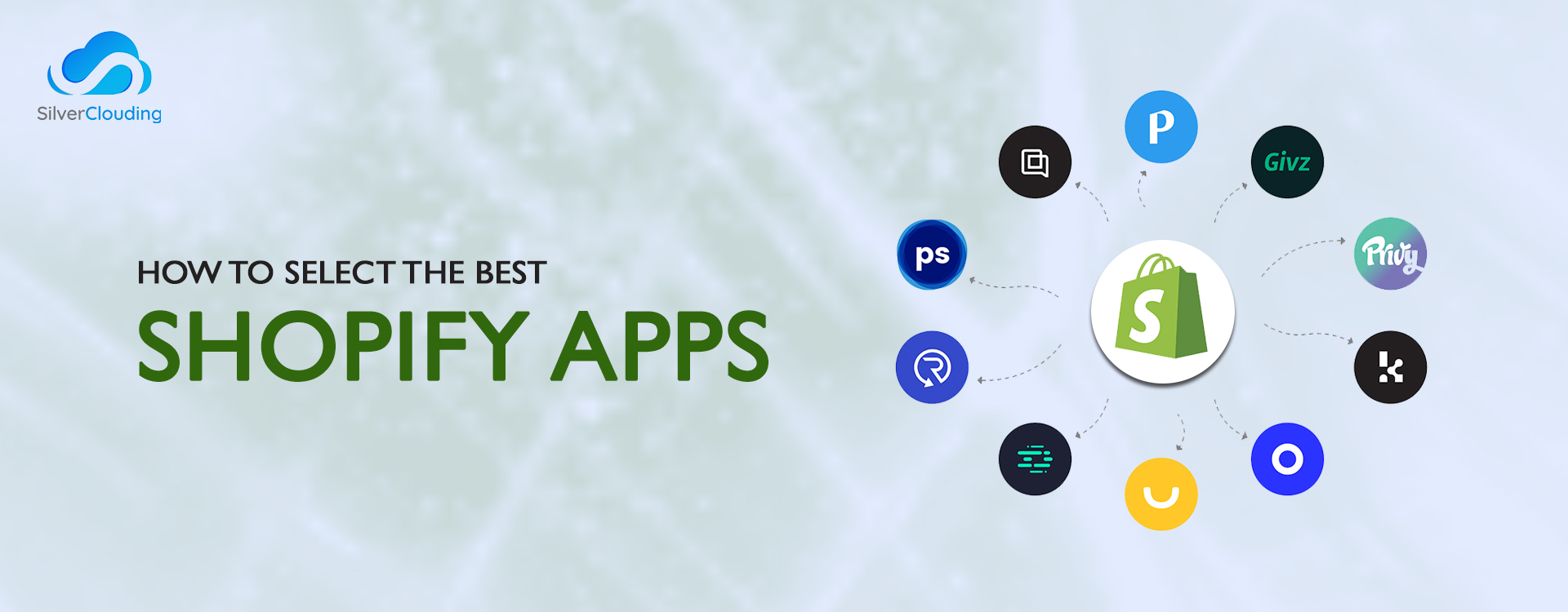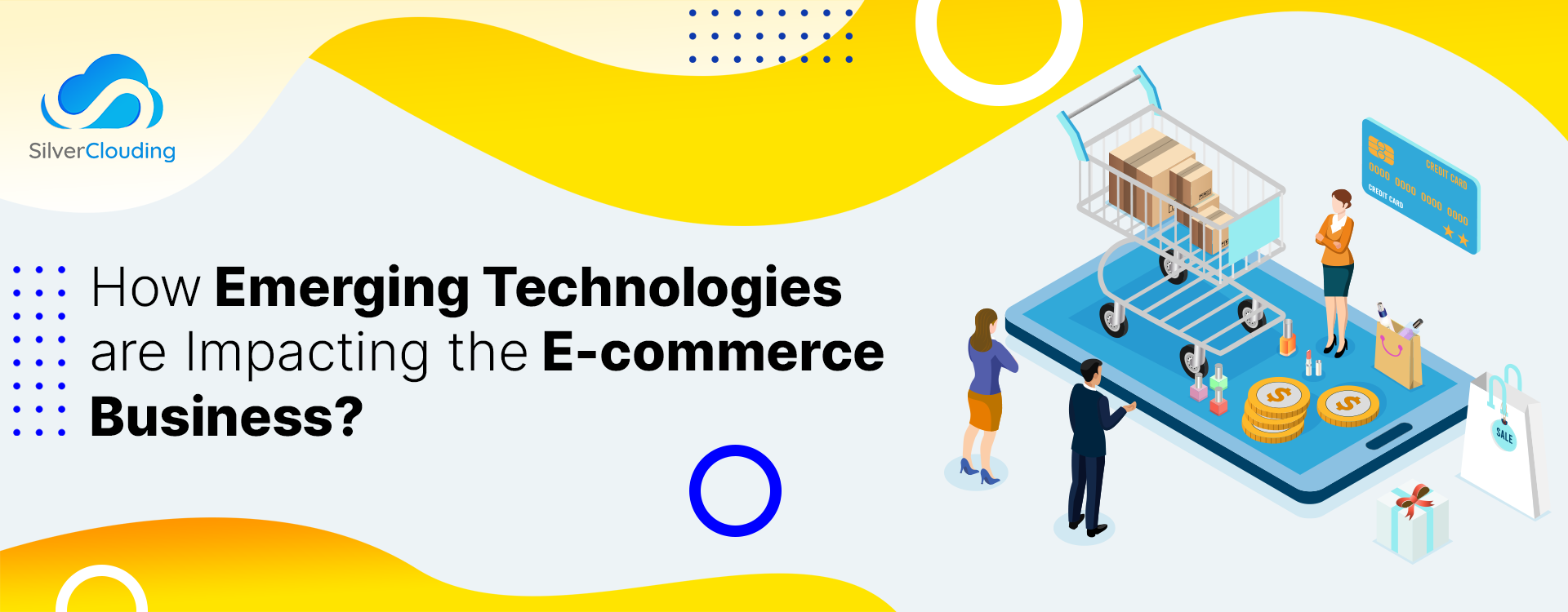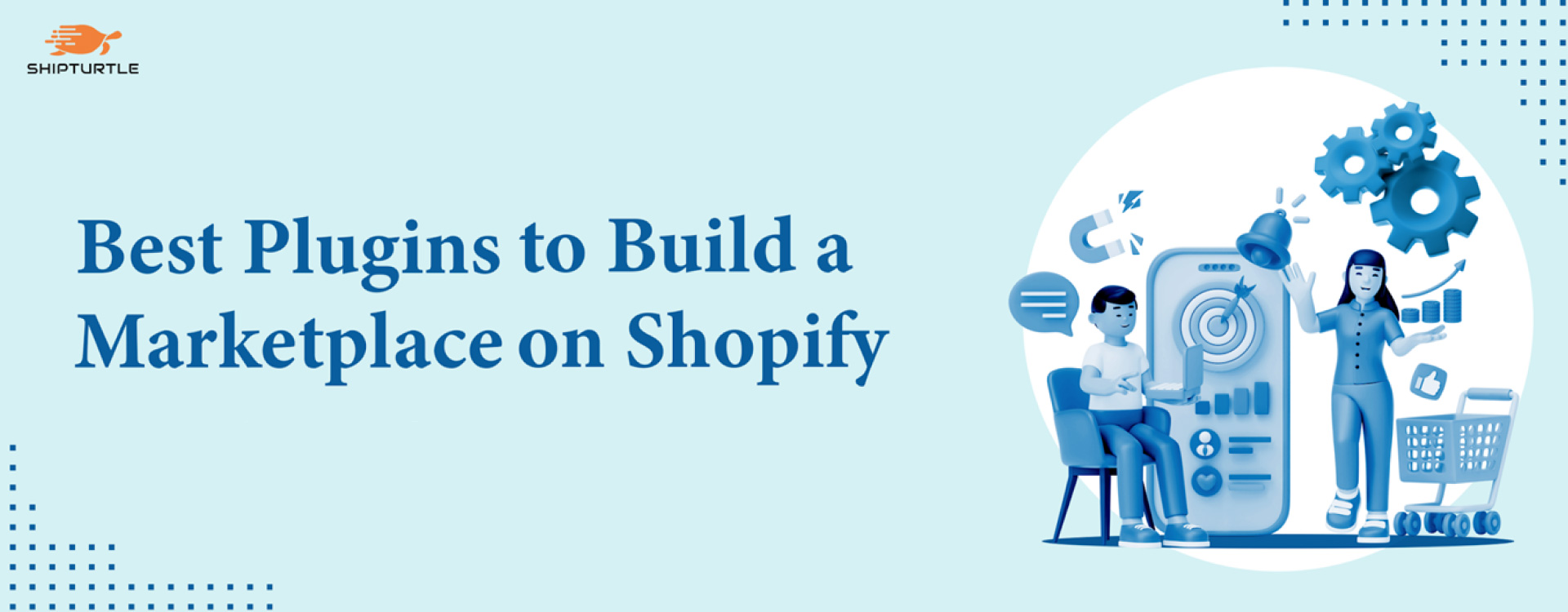Shopify is a leading e-commerce platform, enabling businesses to set up and manage online stores efficiently. One of the key reasons behind Shopify’s success is its robust ecosystem of applications, available through the Shopify App Store.
Speaking of statistics there are currently nearly 2 million operational stores on the Shopify platform today, showcasing a staggering growth in recent years. Over the course of a year, there’s a substantial 17.2% increase in the number of new active stores. Additionally, on a year-over-year basis for the same period, there was an impressive 48% surge. Furthermore, it’s noteworthy that the Shopify App Store boasts an extensive selection, featuring 11,211 apps contributed by 4,438 distinct vendors.
So, practically, Shopify AppStore offers you all the ingredients to enhance your shopify store. But, it’s crucial to zero in on the right apps to empower your online business.
Finding the Right Apps for your Shopify Store
To find the app you need on the Shopify App Store, you can follow these steps:
- Visit the Shopify App Store: Go to the official Shopify App Store website at https://apps.shopify.com/.
- Browse Categories: The Shopify App Store categorizes apps into several main categories, as you mentioned: Orders and shipping, Marketing and conversion, Finding products, Selling products, Store design, and Store management.
- Explore Subcategories: Each main category is further divided into subcategories to help you narrow down your search. For example, if you are looking for a marketing app, you can explore subcategories like Email marketing, SEO, Social media marketing, etc.
- Use Tags: Within each subcategory, you’ll find multiple associated tags. Tags are keywords or labels that describe the specific features or functions of an app. You can use these tags to filter and refine your search. For instance, if you’re interested in email marketing, you might use tags like “email automation,” “newsletter,” or “abandoned cart recovery” to find apps with those specific functionalities.
- Search: You can also use the search bar at the top of the page to enter keywords related to the type of app you’re looking for. This will display a list of relevant apps based on your search terms.
- Check Trial Versions: Many apps offer free trials, so you can test them out before committing to a paid plan. Take advantage of these trials to see if an app meets your specific needs.
- Install the App: When you’ve found the app that suits your needs, click the “Add app” or “Install” button to add it to your Shopify store.
- Configure and Customize: After installation, follow the setup instructions provided by the app to configure it according to your requirements.
What Suits You Best?
While there’s a plethora of options in the Shopify store, choosing the best one needs several considerations.
Pricing structure
To start, establish your budget for increased efficiency, usability, reporting, or other objectives. Your budget will influence your app choices. App prices vary based on custom or public availability, functionality, e.g., inventory, marketing, financial management, sales support, and customer service and impact on business. Compare pricing plans and consider total costs, including implementation and usage expenses.
App Documentation
Ensure the app has a clear, comprehensive description with key features, screenshots, and explainer videos. Look for engaging product information. If satisfactory, proceed to glance through the detailed and structured technical documentation, including screenshots and step-by-step guides.
Shopify App Reviews
Pay attention to Shopify app customer reviews; they offer valuable insights. According to Apptentive, 90% of users check reviews before downloading. Reviews highlight likes, dislikes, bugs, and problems. Active review requests often indicate confidence in the app’s quality.
Focus on 1-star and 2-star reviews, as well as developer responses, for common issues and company interactions. Consider how you might be treated by the developer based on reviews. For vendor information, use external sources like Google to analyze ratings, reviews, and responses, and check their website.
App Compatibility
Apps may not be compatible with all stores due to specific settings. Developers set installation requirements to ensure compatibility. If your store doesn’t meet these requirements, the app is labelled as “Not compatible” in the Shopify App Store. You can’t install it unless you adjust the settings.
If an already installed app becomes incompatible, you’ll receive a notification explaining the conflicting settings. Installation requirements often relate to challenging-to-change settings, like business locations or shipping countries. It’s best to seek alternative apps unless you plan to alter your business setup.
Installation requirements
- Point of Sale: The app is compatible with stores using the Shopify Point of Sale channel.
- Shipping Countries: The app works for stores shipping to specific countries defined in shipping zones.
- Currency: It supports stores selling in at least one of the app’s supported currencies.
- Business Address: Compatible with stores having a primary business address in a supported country.
- Online Store: Designed for stores using the Online Store channel.
App Support & Policies
Inspect app support details and review policies. Key considerations in this case are response time for resolving issues, availability of a help section or FAQ on the vendor’s website or app documentation, trial availability, and any reviews regarding support experiences.
The Way Forward
The Shopify App marketplace offers a fantastic business avenue for app developers and vendors, granting them access to a rapidly expanding ecosystem. According to the statistics, the Shopify app development industry has already surpassed the million-dollar profit mark. Furthermore, 30% of the total developers engaged in this, have secured earnings ranging from $100,000 to $500,000. A significant segment of it falls within the $1,000 to $10,000 earnings bracket. While still in the early stages, the marketplace shows potential, with 1,235 developers globally (54.53%) earning less than $1,000, indicating room for growth and opportunity
Wrapping Up
Shopify apps, or plugins, enhance your store, boost satisfaction, and increase sales. The Shopify App Store is evolving at every passing second with Shopify app development being at the forefront. However, to make informed choices, it’s important to do your research and opt for the ones that align with your business needs.




